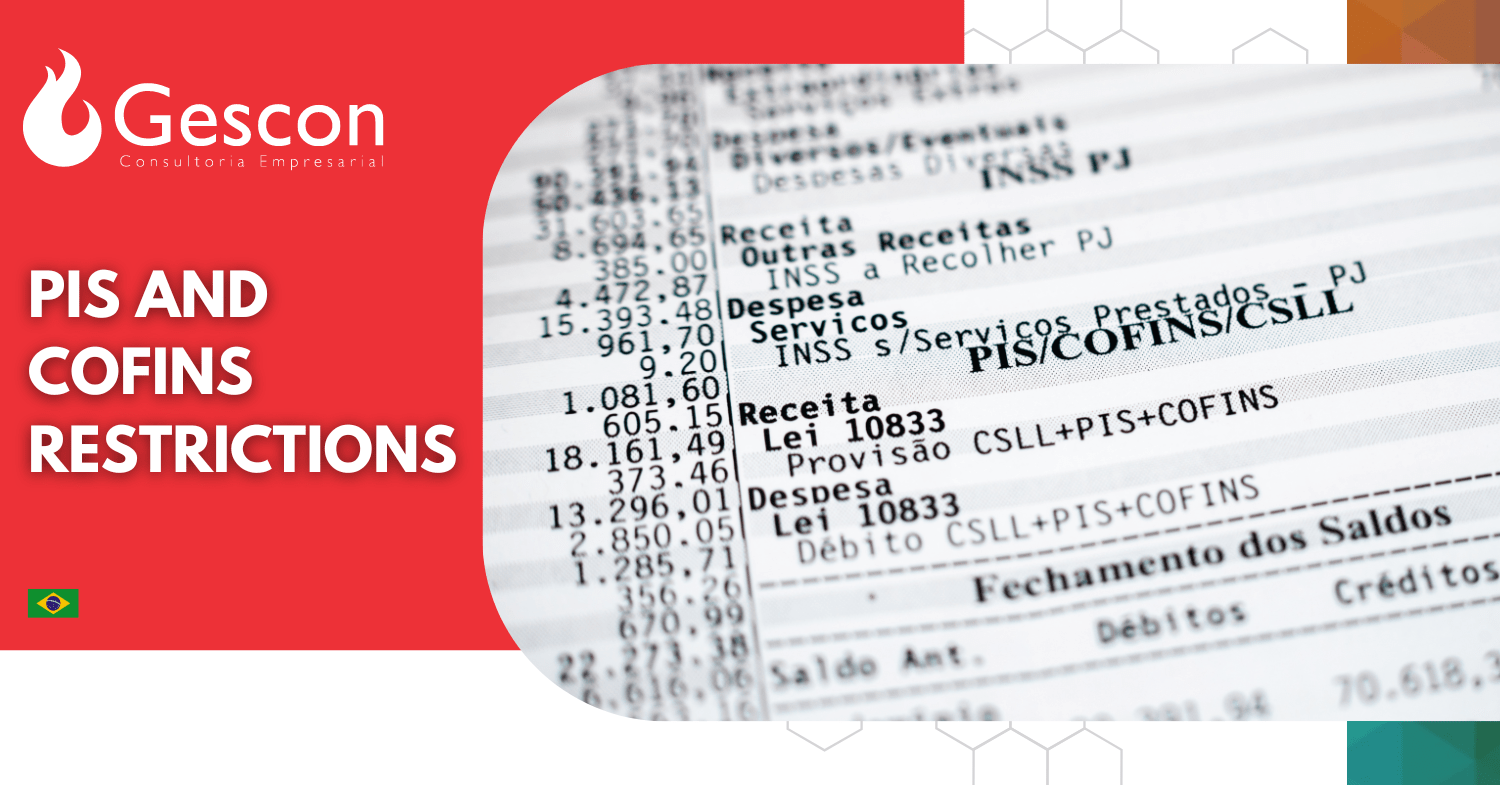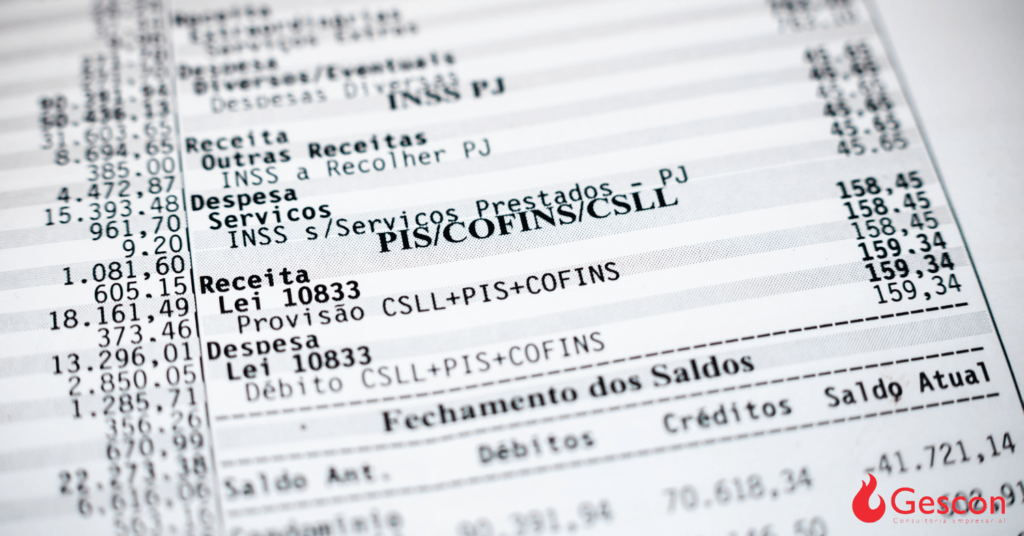Address
304 North Cardinal St.
Dorchester Center, MA 02124
Work Hours
Monday to Friday: 7AM - 7PM
Weekend: 10AM - 5PM
Address
304 North Cardinal St.
Dorchester Center, MA 02124
Work Hours
Monday to Friday: 7AM - 7PM
Weekend: 10AM - 5PM


Find out how Gescon can help you: gesconconsultoria-com-br.rds.land/tipos-de-servico-gescon
In the Brazilian tax landscape, new government regulations are causing significant repercussions among companies and accounting professionals. Recently, significant restrictions were imposed on the use of PIS (Social Integration Program) and Cofins (Contribution for the Financing of Social Security) credits. This change has important practical implications for the tax management of companies in Brazil.

The new guidelines restrict the use of PIS and Cofins credits in a way that can directly impact the financial strategy of companies. These measures were implemented with the aim of increasing government revenue and closing loopholes that allowed for a broader utilization of these credits.
According to the new rules, certain types of expenses that were previously eligible for generating PIS and Cofins credits are now excluded. This means that companies will no longer be able to use these expenses to offset the taxes owed, potentially resulting in an increased tax burden.
The changes in credit rules directly affect the cash flow and fiscal strategy of companies. With the restriction on the use of credits, many companies will need to review their accounting and tax practices to comply with the new requirements. Adaptation may include reassessing which expenses will be eligible for credits and how to maximize tax efficiency within the new limits set by the government.
Some strategies can help companies adapt efficiently. Among the recommendations, it is important to conduct a detailed analysis of operational expenses to identify which ones still generate PIS and Cofins credits. Additionally, consulting with tax specialists can be crucial to developing an impact mitigation strategy, ensuring compliance with the new legislation and optimizing the tax burden within the allowed possibilities.
The restriction on the use of PIS and Cofins credits by the Brazilian government represents a significant challenge for companies, requiring a careful review of accounting and tax practices. Understanding the new rules and strategic adaptation are essential to minimize financial impacts and ensure the continuity of operations with fiscal efficiency. For accounting and tax professionals, staying updated on these changes is crucial to providing precise and effective guidance to companies in an increasingly complex tax scenario.
This measure reflects the government’s need to increase revenue but also imposes a new level of planning and tax management for Brazilian companies. Therefore, attention to detail and specialized consultancy become even more important to navigate these new guidelines successfully.